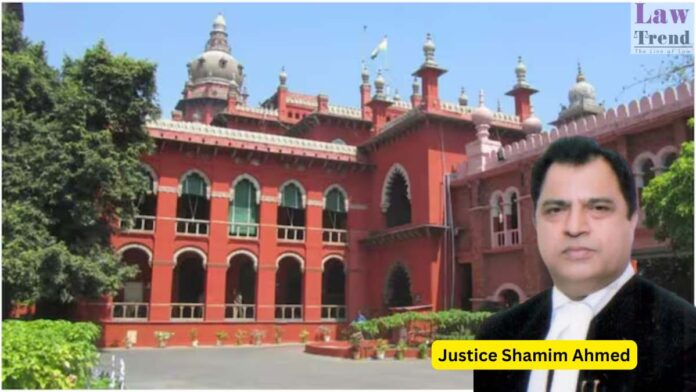The Madurai Bench of the Madras High Court, in a recent judgment, has ruled that sending a cheque for expert opinion on its contents is not useful when the issuer admits to signing the cheque. Justice Shamim Ahmed dismissed a criminal revision petition challenging a trial court’s order that had rejected a plea for handwriting
To Read More Please Subscribe to VIP Membership for Unlimited Access to All the Articles, Download Available Copies of Judgments/Order, Acess to Central/State Bare Acts, Advertisement Free Content, Access to More than 4000 Legal Drafts( Readymade Editable Formats of Suits, Petitions, Writs, Legal Notices, Divorce Petitions, 138 Notices, Bail Applications etc.) in Hindi and English.




